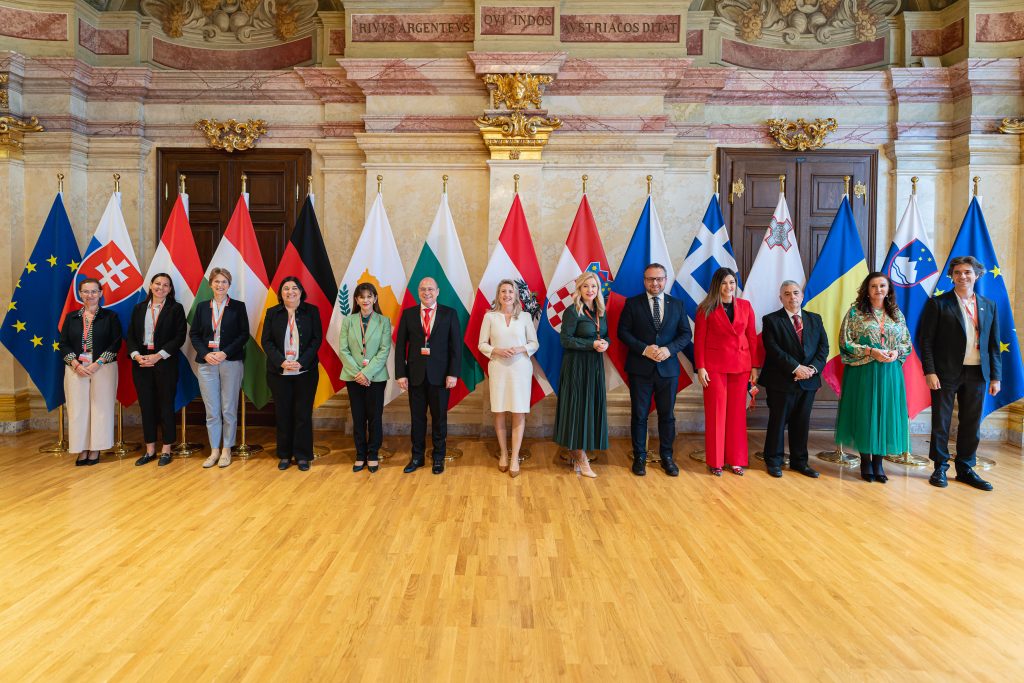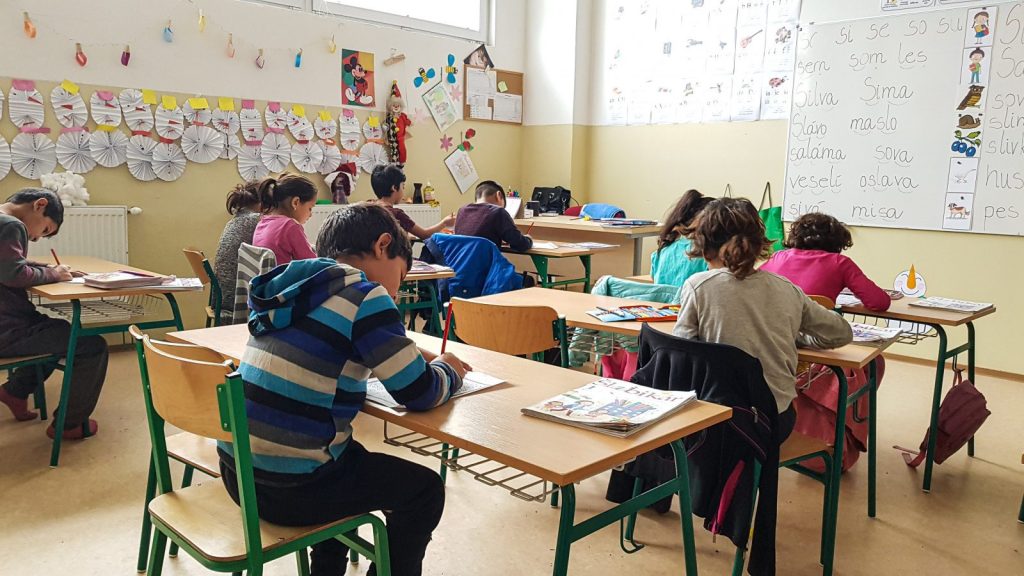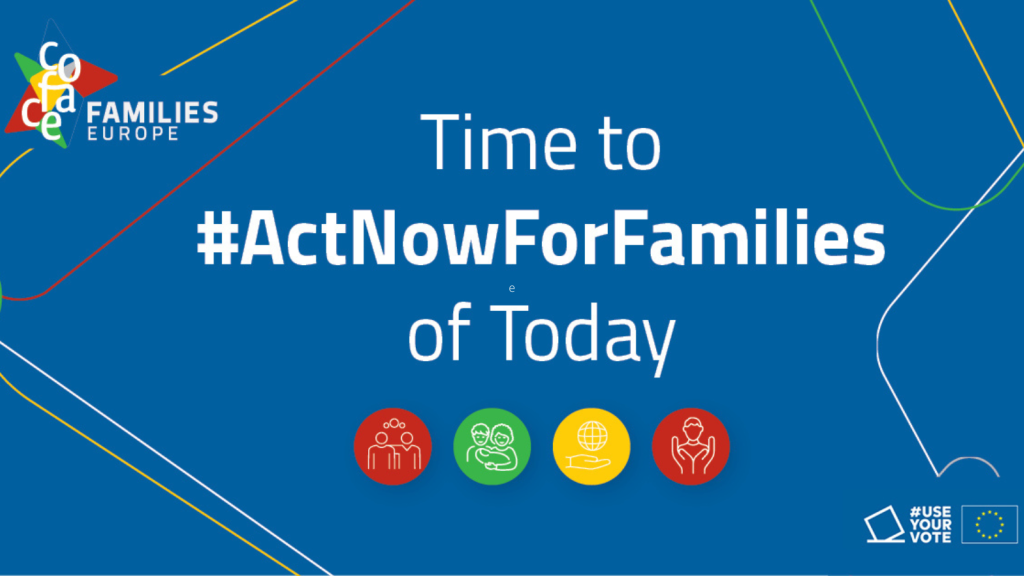In January, the European Commission proposed a set of draft Digital Rights and Principles for the Digital Decade. June Lowery-Kingston of DG CONNECT describes the principles as a “sort of moral compass” to lay out our values and intentions for current and future innovation and regulation.[1]
The draft Digital Principles focus on putting people at the centre of the digital transition, making clear that no one should be left behind. However, this is an aspiration not a current reality. The Horizon2020 research project DigiGen identifies how some children and young people are able to reap the rewards of digitalisation when others are more vulnerable to risks and setbacks. It is estimated that 5.3% of children across Europe experience digital deprivation, meaning that their households cannot afford internet or digital devices. There is also widespread disparity across Europe, with some societies feeling the weight of digital deprivation more than others. For example, in Romania digital deprivation is as high as 23.5%, whereas in Finland it is as low as 1%. As a result, the efforts laid out in the draft Digital Principles to ensure internet connectivity and skills for all are crucial.
There is also a focus on protecting and empowering children and young people online. The latest data coming out from the DigiGen project reinforces how central digital technologies are to children and young people’s everyday lives. There are both risks and opportunities in experiencing an increasingly digital childhood. From DigiGen data, it is clear that parents (and policymakers) are often misguided as to what the real risks of the digital world are. For example, parents frequently shared concern over potential screen time addiction and the idea that this generation has lost their capacity to interact in the analogue world. These risks may exist to an extent but reliance on moral panic narratives may cloud our ability to create the online environment that children actually need.
… I think that social skills are perhaps weaker in this generation, who, as it may be, communicates more somewhere through chat windows. [Mother from Estonia]
Initiatives to support children and young people online must provide adequate solutions to the most pressing risks whilst championing the positive elements. DigiGen data will be a useful resource for policymakers to implement the EU Digital Principles throughout the programme for the Digital Decade.
And then you can talk, when your mother or father is far away, you can talk to him on the phone and make video calls like that. [Child from Estonia]
The next step is for the draft Digital Principles to be adopted in a joint declaration between the three institutions.
[1] Children’s digital rights in the EU’s digital decade – June Lowery-Kingston – DigiGen
Photo: ©Pondsaksitphotos via Canva.com





